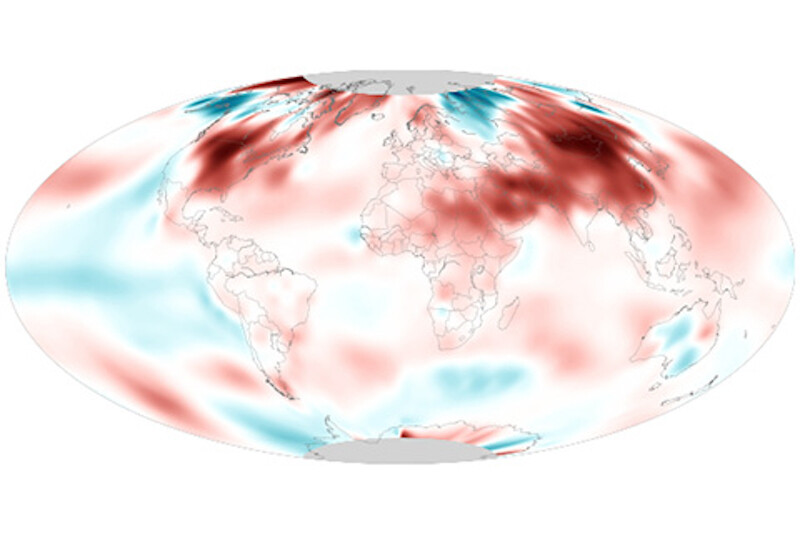The Bureau of Ocean Energy Management's (BOEM) Environmental Studies Program (ESP) develops, funds, and manages rigorous scientific research specifically to inform policy decisions on the development of energy and mineral resources on the Outer Continental Shelf (OCS).
This environmental and socioeconomic research is designed to provide BOEM with the necessary information to assess, predict, monitor, and manage potential environmental impacts of the activities it authorizes.
As part of this effort, ESP staff prepare BOEM’s annual Studies Development Plan to cover a two-year planning period. The plan includes brief study descriptions, or profiles, that describe proposed studies for the upcoming fiscal year and the next fiscal year. These studies, BOEM said, are designed to collect the information necessary to meet the needs of BOEM scientists, rule writers, modelers, decision makers and other users. Proposed studies are evaluated for program relevance, programmatic timeliness, and scientific merit.
BOEM is beginning to formulate its fiscal year 2023-2024 Studies Development Plan covering all BOEM energy and minerals activities. BOEM is seeking study ideas for consideration in Alaska, Atlantic, Gulf of Mexico, and Pacific OCS areas. Study ideas must be relevant to BOEM's information requirements in the areas of biological, oceanographic (physical and chemical), traditional knowledge, and social sciences (including economic and cultural research).
BOEM’s National Studies List for Fiscal Year 2022 identifies studies BOEM intends to procure in fiscal 2022 (subject to funding availability). The current Studies Development Plan is online and the Environmental Studies Program Information System (ESPIS) provides access to ongoing studies and completed reports.
Brief summaries of recently completed studies can also be found at ESPIS Quarterly Reports. BOEM’s ESP Strategic Framework – particularly the criteria and questions – should be considered when formulating study ideas. Among the topics BOEM is seeking to advance is research pertaining to fish/fisheries, climate change, environmental justice, and Tribal issues.
Suggestions should submitted in a short paragraph via email to ESP by Dec. 10, 2021, including an explanation of why BOEM should consider funding them in light of the points noted above. Please note that all submissions become property of the federal government. While suggestions will be reviewed on a case-by-case basis, there is no guarantee they will be accepted. Some ideas may be combined with other suggestions. Acceptance of an idea does not imply that the submitter will receive funding.





